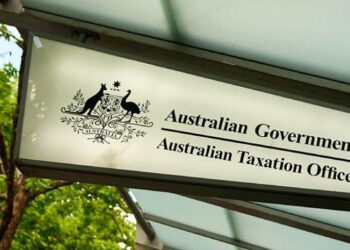BDO Australia has called for sweeping changes to Australia’s superannuation and tax systems as part of its submission to the 2025 Economic Reform Roundtable.
The accounting and advisory firm says the proposals would improve equity, flexibility and sustainability in the retirement savings system while addressing distortions in the tax treatment of investment income.
“The existing superannuation contributions caps are restrictive and provide limited opportunities for individuals to boost their retirement savings at a time most appropriate to them,” it said.
Among the proposals is an increase in the annual concessional contributions cap to $50,000.
BDO further recommended the introduction of an unlimited non-concessional contributions cap for individuals with superannuation balances below $1 million, with existing contribution rules maintained for those above that level.
BDO said the government could also consider lifetime contribution caps or a benefit-based cap to improve long-term planning and flexibility.
Under the latter, individuals would be prevented from making further contributions once their super balance exceeds a defined threshold, even if investment losses later reduce their balance.
The firm has also recommended extending the carry-forward period for unused concessional contributions from five to 10 years, noting that many Australians seek to increase their super savings later in life.
On capital gains tax, BDO has suggested replacing the existing CGT discount, which is currently 50 per cent for individuals and 33 per cent for superannuation funds, with two possible alternatives.
One option would be to reinstate CGT cost base indexation, which adjusts the asset cost for inflation over time. This method was scrapped in 1999 in favour of the current discount.
The CGT discount was implemented following the high inflation rates experienced in the 1980s and 1990s to provide a reasonable offset for the loss of indexation.
However, BDO noted that since then, Australia’s inflation has generally been low.
“Although inflation does fluctuate, it is not expected to reach the high rates of the 1980s and 1990s,” the firm said, adding that CGT cost base indexation could therefore be an appropriate approach.
Alternatively, BDO has proposed applying a flat 25 per cent discount to all investment and passive income, including gains and losses on both income and capital accounts. The firm argued this would create a level playing field between income types, reduce negative gearing benefits, and simplify tax treatment without needing to redefine income categories.
These CGT changes, as BDO suggested, could also increase the proportion of owner-occupied housing by removing tax advantages associated with investment property.
The proposed reforms form part of BDO’s broader tax overhaul recommendations, aimed at improving productivity, economic resilience and budget sustainability.


